It’s been a busy and important week in technology policy, with issues from across the board cropping up around the world. Welcome to the very first, inaugural post in this series, which will cover politics and policy as they impact technology, each and every thursday.
TNW has similar weekly posts on Microsoft, Asia, and Media. I heartily recommend the others as a simple and useful way to stay informed. As TNW’s coverage of policy and politics has expanded, this post has become necessary. Let’s begin.
UN Internet Control? Senate: No
This week a Senate committee voted to unanimously reject the idea of ceding global control of the Internet to the United Nations. The exercise should ring familiar as the House, the lower house of the US Congress, has already passed something similar. A vote in the full Senate has yet to be scheduled. It could receive a unanimous vote.
Why does this matter? As it stands, the Internet is a freely wheeling, and ever evolving deal, with ICANN helping run the traffic lights and selling deeds to property, but with little other control. This is a good thing, as no one country, or entity, can enforce its rules on Internet usage on others.
The United States isn’t about to let an external entity, such as the United Nations, set policy for our access to the Web. What could go wrong? Well, I’m glad that you asked.
Free Speech
A statement by the United Nations’ Secretary General Ban Ki-moon has sent a shiver down the spines of those in favor of unfettered free speech, a core component of free society. Via Reuters:
“Freedoms of expression should be and must be guaranteed and protected, when they are used for common justice, common purpose. […] [But w]hen some people use this freedom of expression to provoke or humiliate some others’ values and beliefs, then this cannot be protected in such a way.”
Did you catch that? The UN boss just outlined that free speech should not be completely free, but only so protected when it’s for the common purpose. Or, another way, so long as you think along the same lines of the mainstream, your speech is alright; those on the fringe, hush, or else.
Returning to our notes on the Senate’s vote, this is exactly why allowing one group to control the Internet is a frankly bad idea. Add into this calls for international blasphemy laws, and you must come to realize how serious this issue is.
Happily, ICANN is located in Los Angeles.
The Cybersecurity Dance Continues
TNW has been blanketing this issue since the day of CISPA in the House, even as the issue has meandered from stuck to mired to probably on ice. Happily, in a sense, the President is prepping to enact an executive order on the issue.
This week, the draft text of the proposed order leaked. TNW broke down its tenets here, if you want the blow-by-blow. The Senate minority howled, but mostly without fact or real impact. Expect more movement on this issue in the next two weeks.
Don’t forget, this is an election cycle: everything done by an elected official will be viewed through the prism of politics. Whether that will speed the President or slow him I can’t guess. We’ll continue to monitor the issue and bring you updates.
Meet the Internet Association
Finally this week, the Internet Association, which we first wrote about earlier this year, has ripped the wrapping paper from its own form:
A group of 14 Internet juggernauts such as Facebook, Google, eBay, Amazon.com, Zynga, Yahoo and others have formed a brand new lobbying group in the United States called The Internet Association to counter efforts by federal regulators to strap new rules to their sector.
Notably absent from the list are other Web industry giants like Microsoft and Apple, despite the organization billing itself as the ‘unified voice of the Internet economy in Washington’.
Even without Apple and Microsoft, the organization does represent huge chunks of search, social networking, online shopping, and gaming. This is no single-issue adventure.
That’s all for this week, so make a celebratory Old Fashioned and then re-read Politico. Top Image Credit: Zoe Rudisill
Get the TNW newsletter
Get the most important tech news in your inbox each week.




